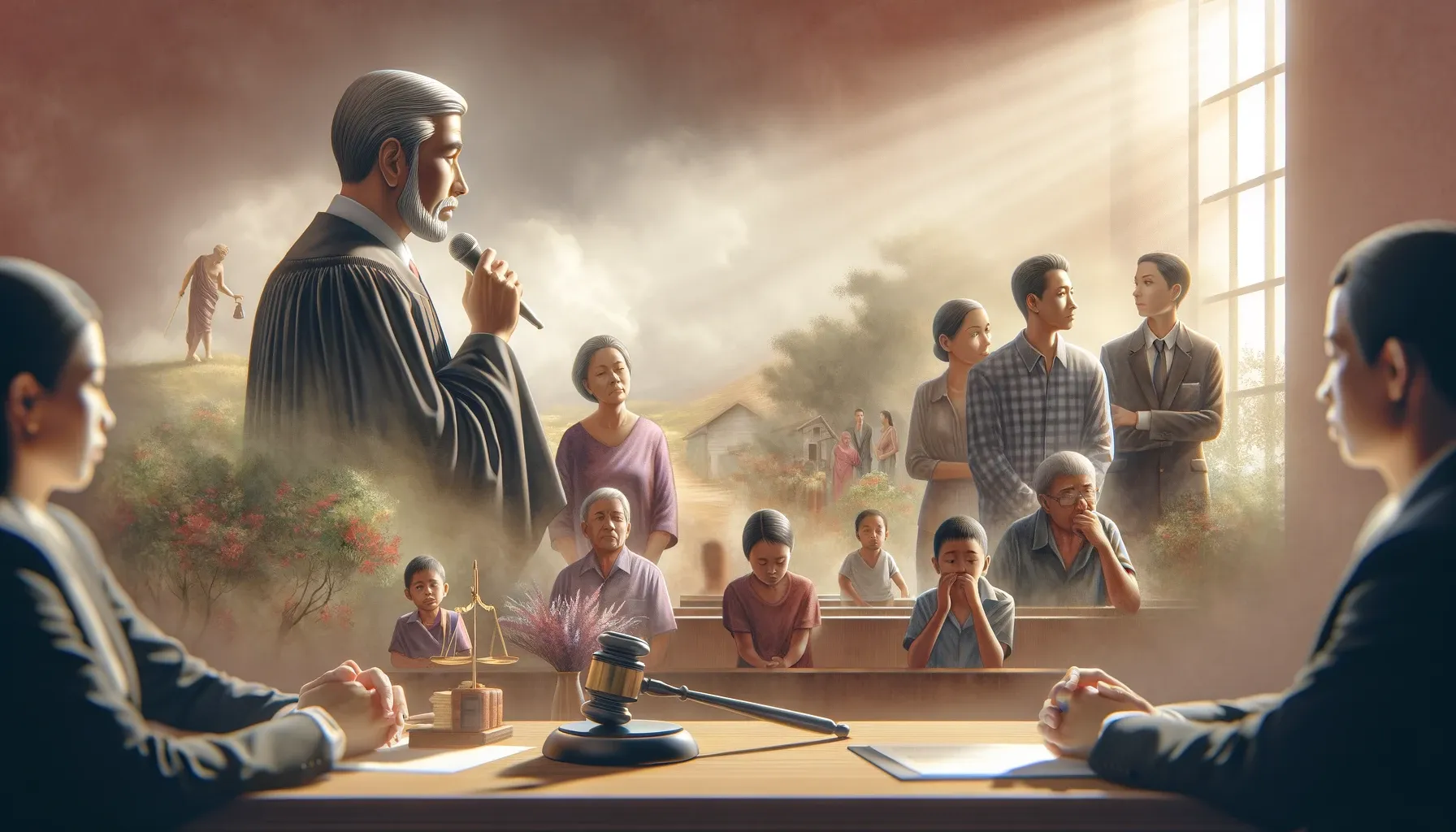The Bombay High Court quashed a 20-year-old conviction for cruelty under IPC 498A, stating the allegations, like taunting and restricting movements, were insufficient to prove physical or mental cruelty.

In a landmark judgment, the Aurangabad bench of the Bombay High Court quashed a two-decade-old conviction against a man and his family under Section 498A of the Indian Penal Code (IPC), which deals with cruelty. The case, initially based on allegations by the deceased wife’s family, accused the husband and his family of mistreating her, ultimately leading to her suicide. However, the High Court ruled that the alleged actions lacked the severity required to constitute cruelty under IPC guidelines, highlighting the distinction between typical domestic disagreements and legally actionable cruelty.
Background of the Case
- The case originated from a marriage between the deceased woman and the appellant on December 24, 2002. Her family alleged that she faced continuous mistreatment from her husband and in-laws, which they claimed led her to commit suicide on May 1, 2003.
- In April 2004, a trial court in Jalgaon district convicted the husband and his family members under Sections 498A (cruelty) and 306 (abetment to suicide) of the IPC. This conviction was based on witness testimony and circumstantial evidence linking the alleged harassment to the woman's suicide.
- Following the conviction, the family appealed to the High Court, arguing that the accusations were based on routine household matters and lacked sufficient evidence of cruelty.
High Court’s Observations on Allegations
- Justice Abhay S. Waghwase, in his order dated October 17, 2024, examined the accusations, which included claims of taunting, restricting television access, limiting her visits to neighbors or the temple, and making her sleep on a carpet. The Court determined that these actions, even if true, did not meet the legal threshold for cruelty.
- Highlighting the distinction between severe cruelty and ordinary domestic disputes, the Court stated, “None of the allegations has any severity… almost all allegations pertain to the domestic affairs of the accused’s house and do not constitute physical or mental cruelty.”
- The prosecution argued that forcing the deceased to fetch water at midnight amounted to cruelty. However, the Court noted that it was common in the village of Varangaon for water supply to arrive late at night, requiring residents to fetch water around 1:30 a.m.. Thus, it concluded that this allegation did not amount to cruelty.
Legal Interpretation of Cruelty under Section 498A
- The High Court stressed that “cruelty,” whether mental or physical, cannot be strictly defined. Each situation is context-dependent, and not all domestic issues qualify as legally actionable cruelty.
- Emphasizing this perspective, the Court clarified that actions such as “sleeping on a carpet or restricting her social interactions do not amount to cruelty under the IPC.” The judgment reiterated that cruelty must be “persistent or consistent,” a criterion not satisfied in this case.
Examination of Testimonies and Evidence
- Testimonies from the deceased’s mother, uncle, and aunt revealed that they last interacted with her in March 2003, two months before her death. They admitted that there had been no communication indicating cruelty or distress in the lead-up to her suicide.
- The Court observed, “There is no evidence... in proximity to suicide... no demand, cruelty, or mistreatment connecting the appellants with her death.” It further noted that the exact trigger for the suicide remained unclear and that there was no ongoing mistreatment.
Verdict and Acquittal
- Allowing the appeal, the High Court acquitted the husband, his parents, and his brother, concluding that the trial court’s earlier decision was unfounded. The High Court ruled that the behavior of the accused did not amount to the statutory definition of cruelty, thus overturning the convictions under Sections 498A and 306.
Case Title: X v/s State of Maharashtra
Attachment:





